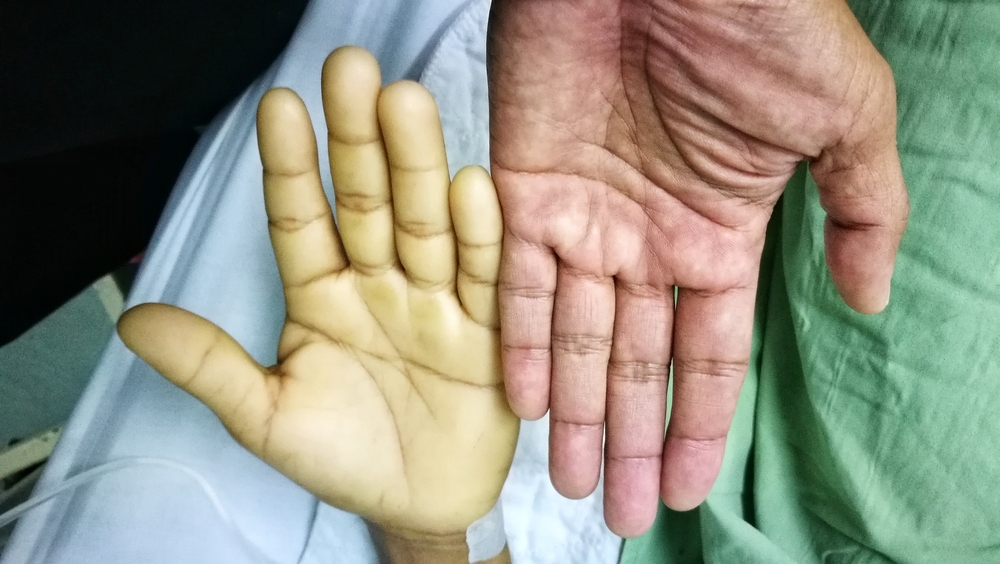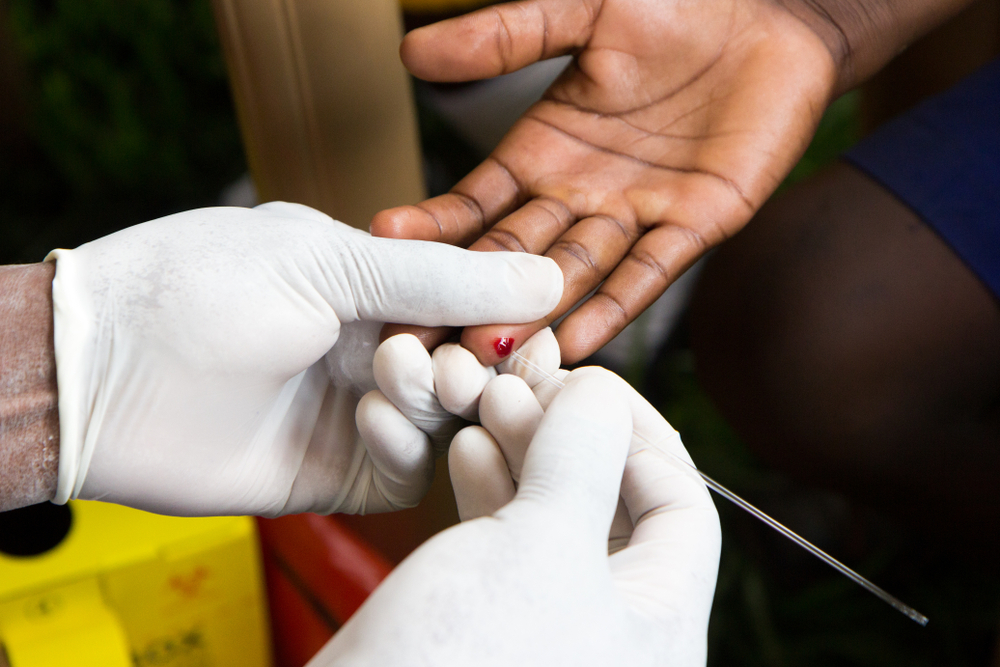
Blood is one of the most intriguing substances known to mankind. Made up of various components, it travels around 96,000 kilometres through the body to keep all the organs functioning. What is, many times, taken for granted is a system which allows doctors to discover more about the complexities which may lie within our systems.
Think no more about the short-term discomfort when the needle pierces the skin and make blood tests a routine check. Watch out for these illnesses that can easily be detected through a simple blood test.
ANAEMIA
A condition caused by the inability of red blood cells to deliver enough oxygen to the entire body, anaemics suffer from a low red blood cell count. These cells act as postmen to the body, delivering oxygen to the whole system. A blood count test is conducted to analyse the blood’s components. Blood smears are conducted by smearing a drop on a plate and staining it with a special dye, to spot any irregularities. Severe anaemia may bring about extreme skin discolouration.

CANCER
Finding high or low levels of certain fluids can be a sign of cancer. Although doctors do not rely on blood testing only, such analysis can give professionals clues about the organ functions and recognise signs when cancer has afflicted organs. Specific blood tests have been developed to assess possible evidence of cancers. Many medical professionals suggest a follow-up analysis of urine testing and biopsies to confirm cancer diagnosis.

CORONARY HEART DISEASE
One blood test alone will not uncover a full diagnosis, but routine tests can pinpoint clues about heart health, such as the possibility of coronary artery disease and heart attacks. Before you develop noticeable symptoms, head to the clinic and keep your health checks up to date. A simple cholesterol test can show signs of increased risk of a heart attack.

HIV/AIDS
With improvements in medical care, AIDS is no longer a life-threatening disease, but early testing can contain the virus from spreading to others. A simple blood test can reveal the presence of antibodies that the body creates to fight off human immunodeficiency virus (HIV), the virus that causes acquired immunodeficiency syndrome (AIDS). Infected individuals may take from six weeks to a full year to develop antibodies to combat the virus, but one should always get tested if there’s a possibility of suffering from the virus.

KIDNEY FAILURE
Holding the status of two of the most powerful chemical mechanisms in the body, healthy kidneys process waste and excess fluids. Blood tests have the ability to reveal how good a job kidneys are doing. High creatinine levels in the blood can present early signs of kidney deficiency. Further tests are undertaken to classify the severity of the case, through urine and imaging tests, biopsies and kidney samples.
Full disease diagnosis can never be done through blood tests alone, but routine checks are able to identify any irregularities and keep your overall health in check.
